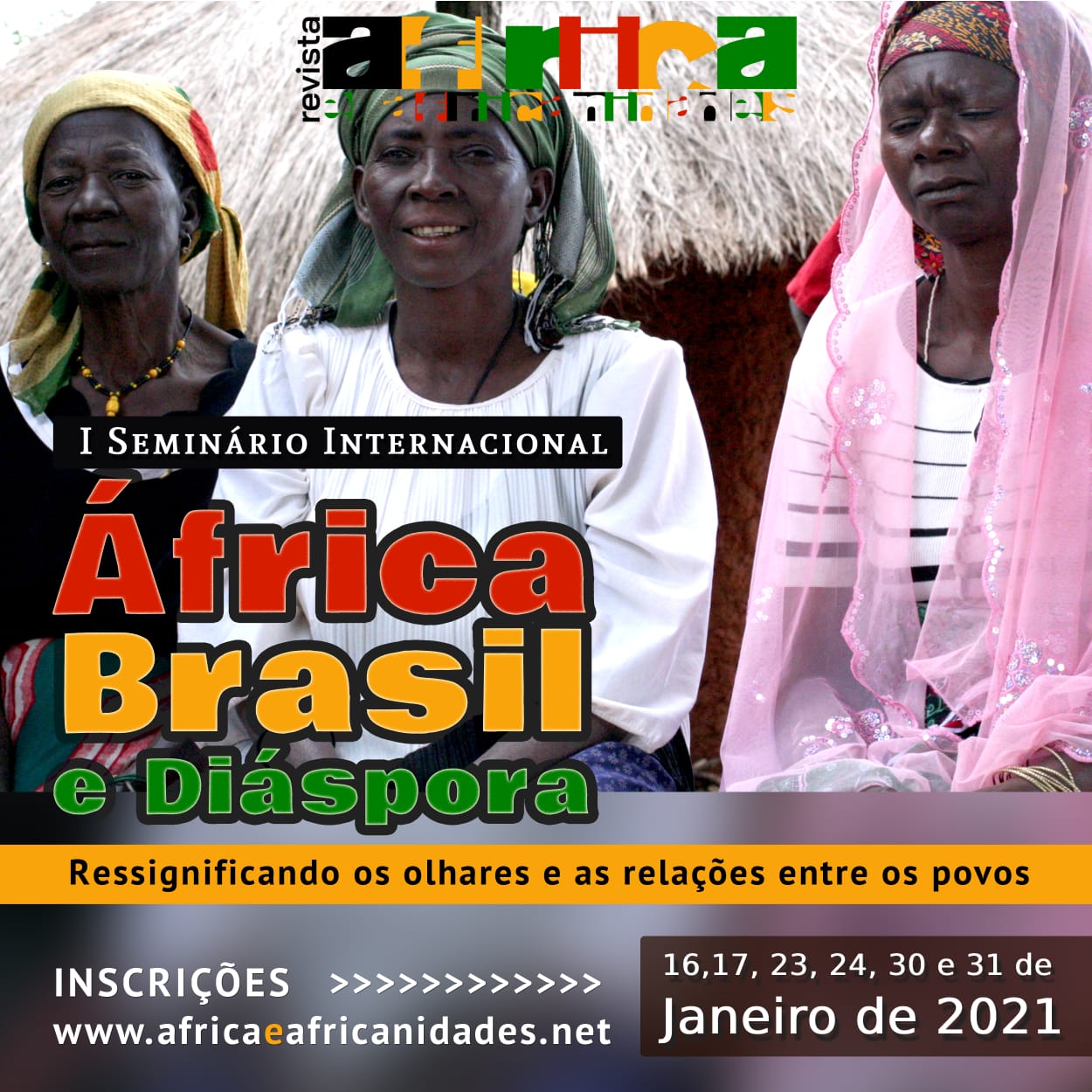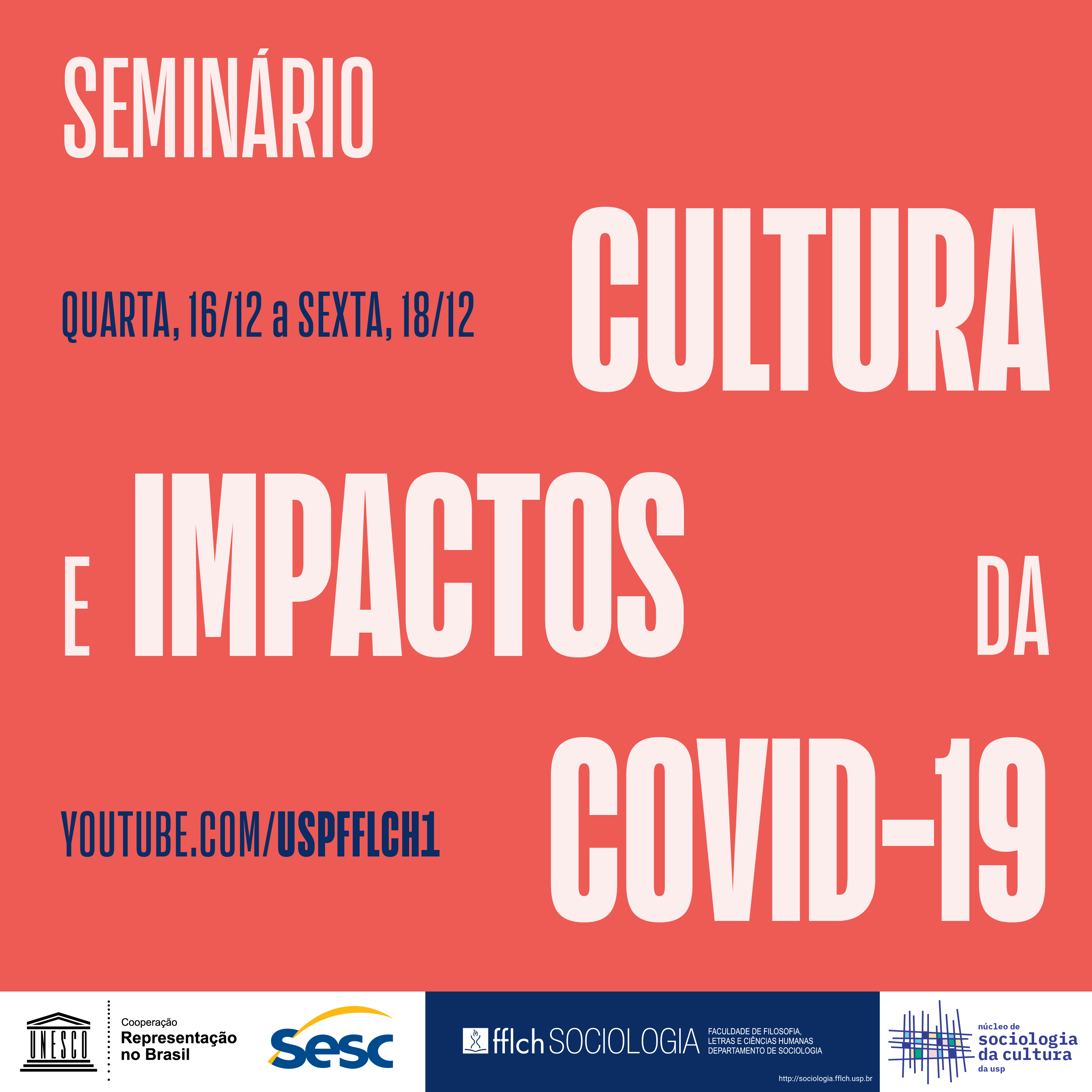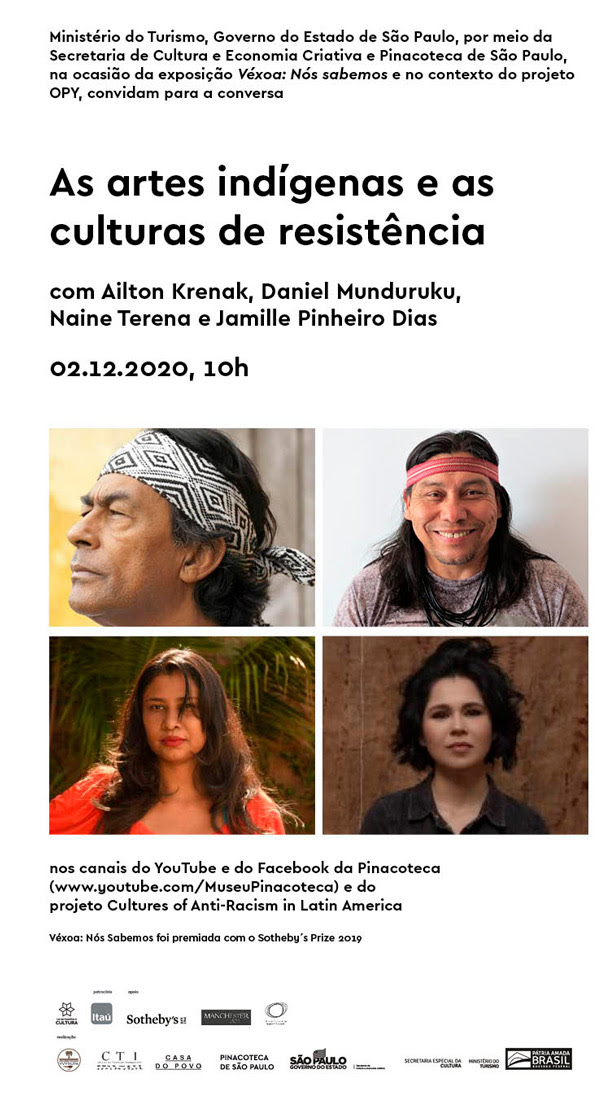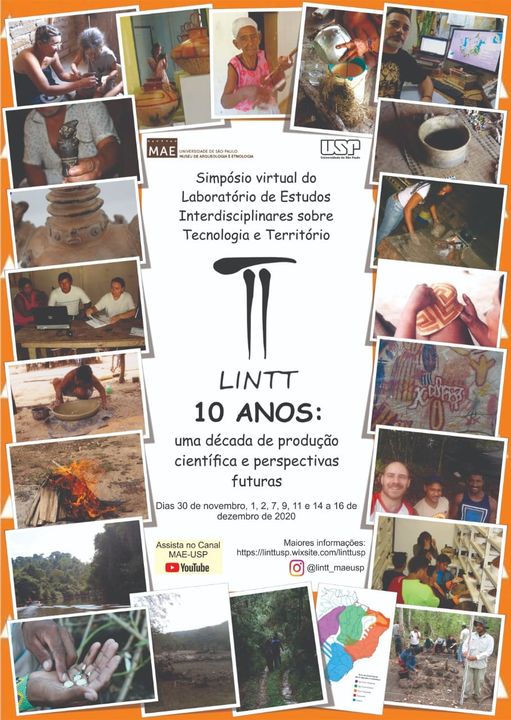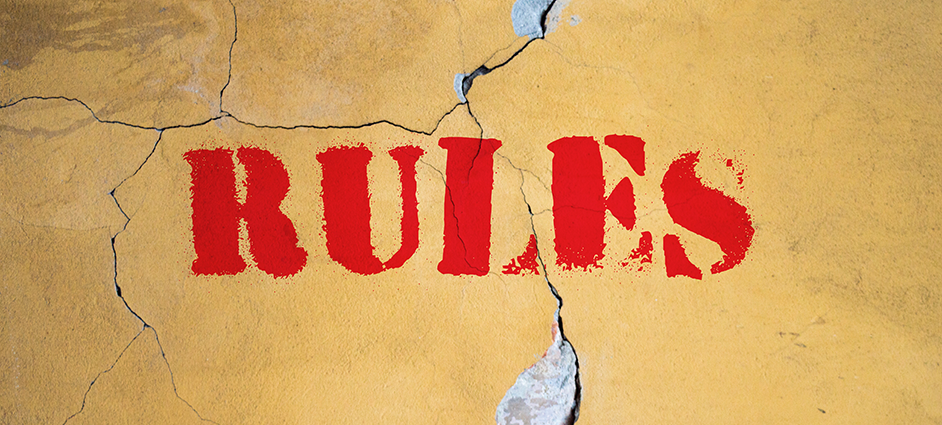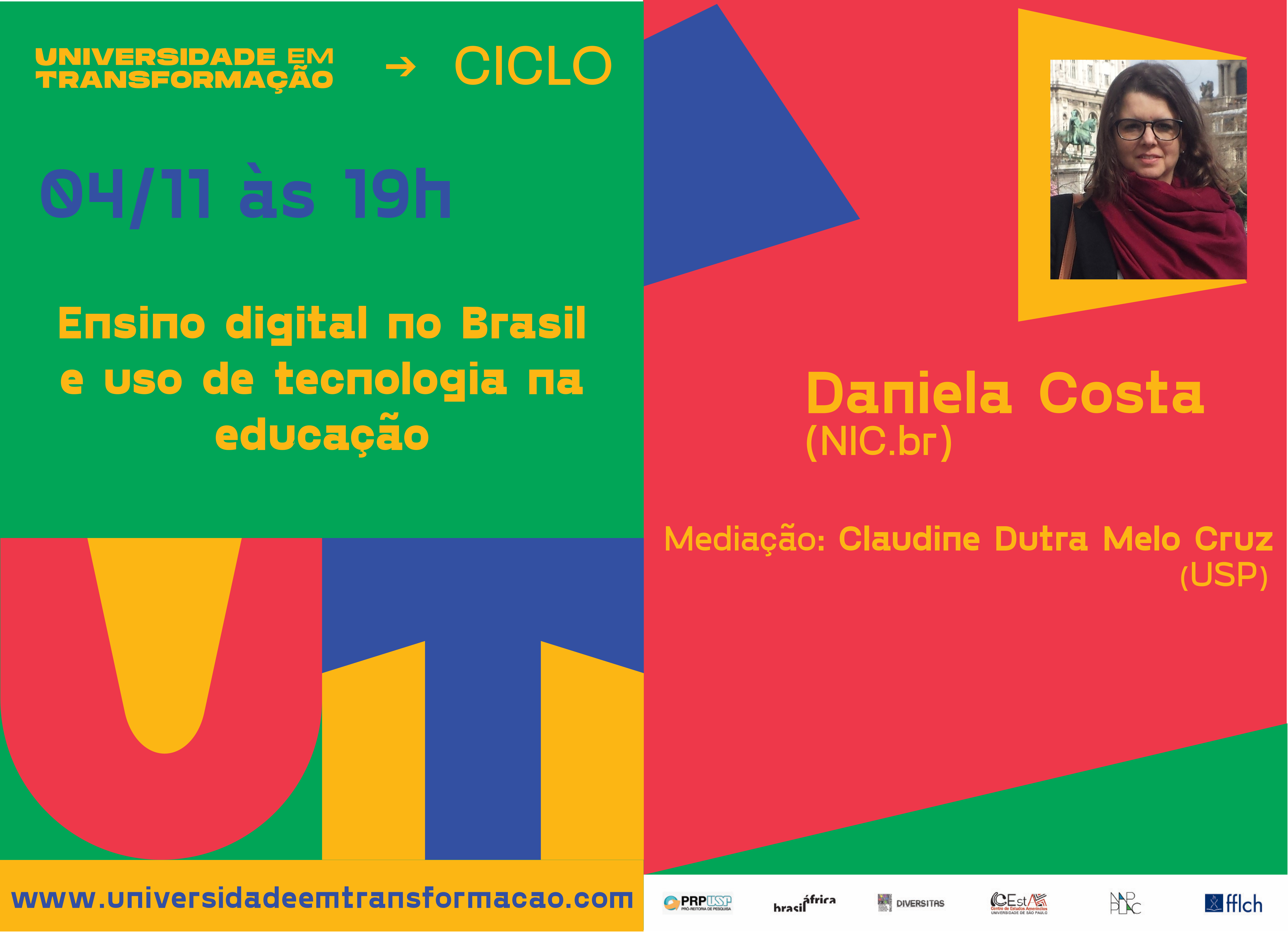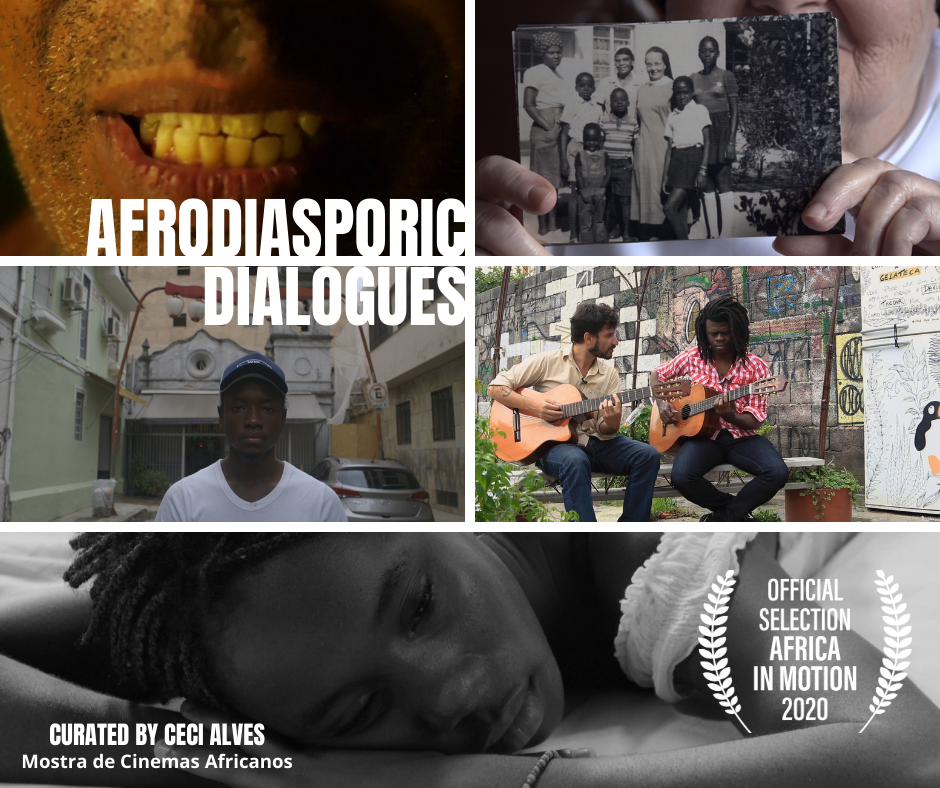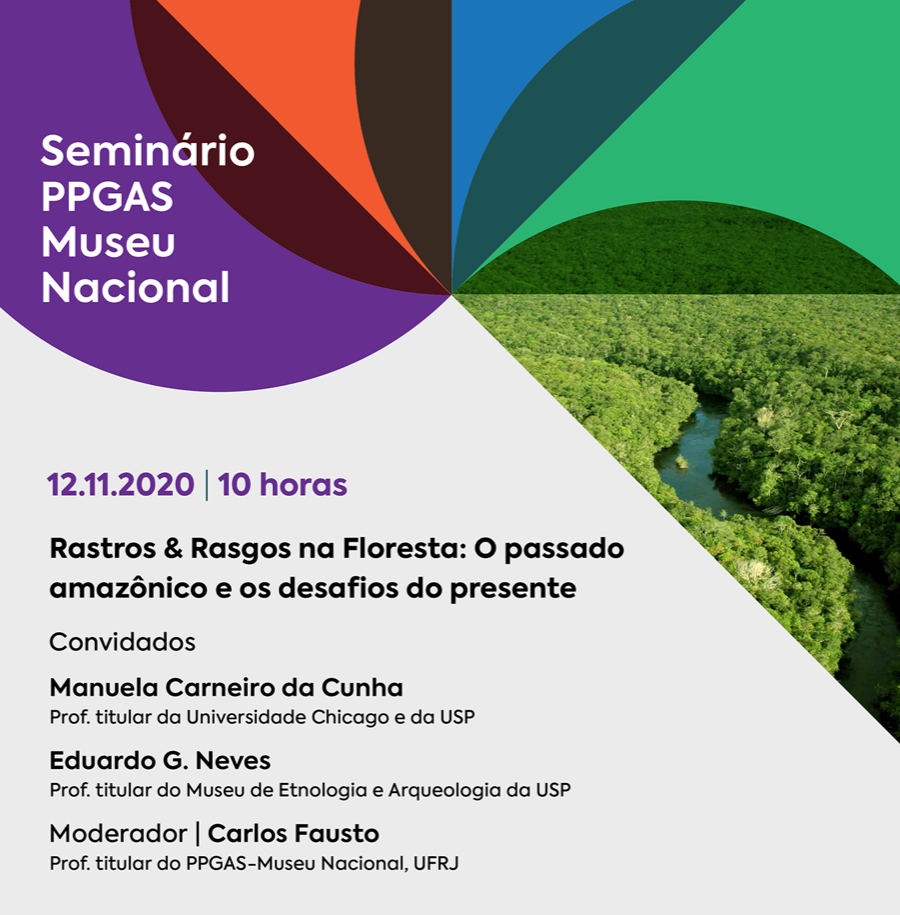Related Events History
LINK for registration here.
The International Seminar “Africa, Brazil and the Diaspora: giving new meaning to the views and relations between peoples” will be a breathtaking event dedicated to discussing and proposing a different reading on Africa-Brazil international relations, their practices, actors and other possibilities. In January 2021, a series of virtual meetings will be held with conferences, debate tables and cultural activities - conversations focused on various thematic axes inserted in a section that starts from some points of contact such as Anthropology, Sociology and African History and African Diaspora; Feminine perspectives: perspectives and movements of women in international relations; African Diaspora, Race, Migration and Refugees; Decolonial Studies and International Relations; Religiosities and Social Relations; Religiosities of African and Afro-Brazilian Matrix; International Relations actors Brazil-Africa / Africa-Brazil, in different aspects. Registration to follow online events and obtain certificates can be made through this page from November 20, 2020.
The event aims to contribute to the debate on the effects of the Covid-19 pandemic with different segments of culture and the arts in Brazil. For this, it will start from the presentation and discussion of the results of the survey Perception of the impacts of Covid-19 (https://iccscovid19.com.br/) in the cultural and creative sectors of Brazil, of which FFLCH-USP is a supporter, followed by an expanded debate on the situation of the different artistic-cultural circuits in the period before the pandemic and during the social isolation adopted in March 2020
Online event brings together specialists from USP to discuss vaccines against covid-19
The meeting will address the issue of vaccines from the perspective of five areas of knowledge: sociology, medicine, economics, logistics and law
The Dean of Graduate Studies (PRPG), the Institute for Advanced Studies (IEA) and the Superintendency of Social Communication (SCS) promote, on the next December 14 (Monday), the online event “Vaccines and covid-19: a multidisciplinary vision ”.
The meeting, which will be broadcast by Canal USP, starting at 8 am, will bring together specialists from the University who will address the issue of vaccines against coronavirus from the perspective of five areas of knowledge: sociology, medicine, economics, logistics and law.
There will be six sessions in which the scientific, epidemiological, social, economic, legal and related aspects of vaccine distribution to the population will be discussed. The mediation will be done by SCS journalist Herton Escobar.
This Wednesday at 7pm there will be a new In-Edit Talks. Marcelo Aliche and Maurício Gaia from In-Edit Brasil talk to Rose Satiko Hikiji, director, anthropologist and vice-coordinator of the Laboratory of Image and Sound in Anthropology (LISA-USP).
In 2020, the Laboratory for Interdisciplinary Studies on Technology and Territory (LINTT) celebrates its 10 years of existence. To celebrate this decade of work, researchers and students, who were part of this decade of work and research, will come together to present and discuss the various contributions of LINTT. The event will take place in the first three weeks of December and will be fully online due to the Covid-19 pandemic. Even with the current political, economic and public health difficulties, the meeting and the debate enable the emergence of new perspectives for the future; of hope that better days will come.
Event organized by Bárbara Cortês (Master student at Unifesp, graduated in Social Sciences at USP and collaborator at GEAC) together with Lígia Ferro (professor at the University of Porto) for the SIEF 2021 congress, based in Helsinki.
This edition of the event will take place remotely (online), between June 21 and 24, 2021, and is open to the submission of proposals until November 26, 2020. Below, there is a brief summary of the panel. For more details, access the direct link at the end of the summary.
All information regarding this edition of the congress is available at siefhome.org
From the occurrence of the pandemic COVID-19, with the interruption of face-to-face classes and the implementation of remote teaching strategies, especially mediated by digital technologies, the dissemination of the debate around the qualitative and equitable realization of the right to education in the face of inequalities has grown access and use of networks, devices and media languages. Challenges that became more evident with the intensification of activities mediated by these resources, but that were already revealed a few decades ago by specialists dedicated to the study of educational policies, especially public ones. On the other hand, changes in teaching and learning practices have also led to reflections on the future of education, on the role of school and university institutions, as well as on a possible opening of the educational process for the hybridization of spaces, times and means of knowledge acquisition.
Afro-Sampas, a film by Rose Satiko Hikiji and Jasper Chalcraft, will be shown in the United Kingdom at the Africa in Motion festival.
On Facebook Exhibition of African Cinemas and Africa in Motion
On Instagram: @mostradecinemasafricanos and @aimfilmfestival
November 17th:
https://www.africa-in-motion.org.uk/festival/films-and-events/event/553/
"Afrodiasporic Dialogues" (Afrodiasporic Dialogues) with the films:
Afro-Sampas (2020)
Aurora (2018)
John (2018)
Freedom (2018)
Christian Name - Frances (2019)
The Amazon is currently under intense pressure. Environmental degradation is accelerating and there are already signs that we are reaching an inflection point. Indigenous Lands remain the least deprived areas in the region, but they are also threatened. What does the past tell us about the human occupation of the Amazon? How did many more indigenous populations inhabit the forest without destroying it? And what does this tell us about the challenges of the present? These are some of the questions that animate this seminar.
Check the event at the link: https://youtu.be/Kg3PdmVYzPo


